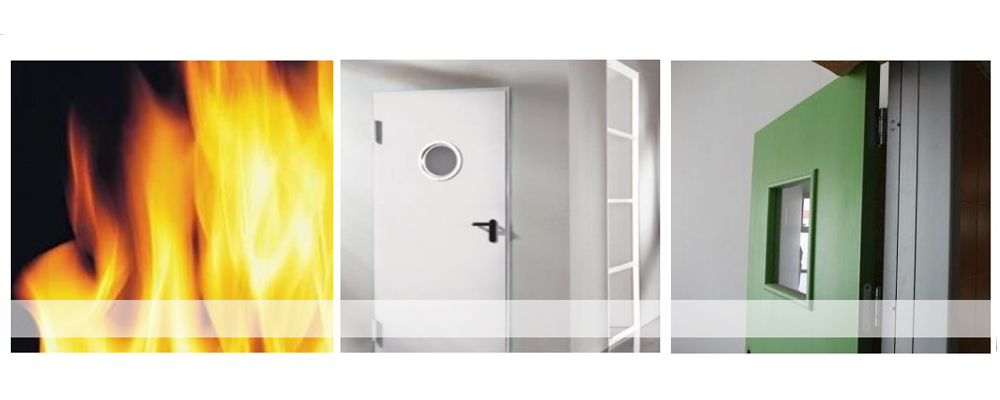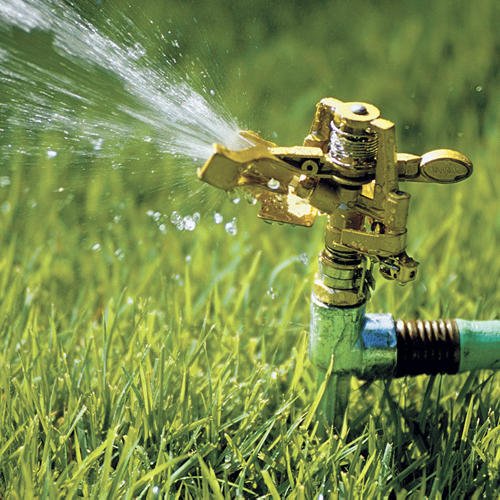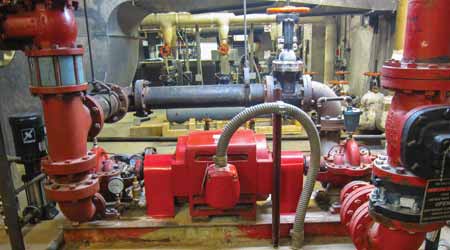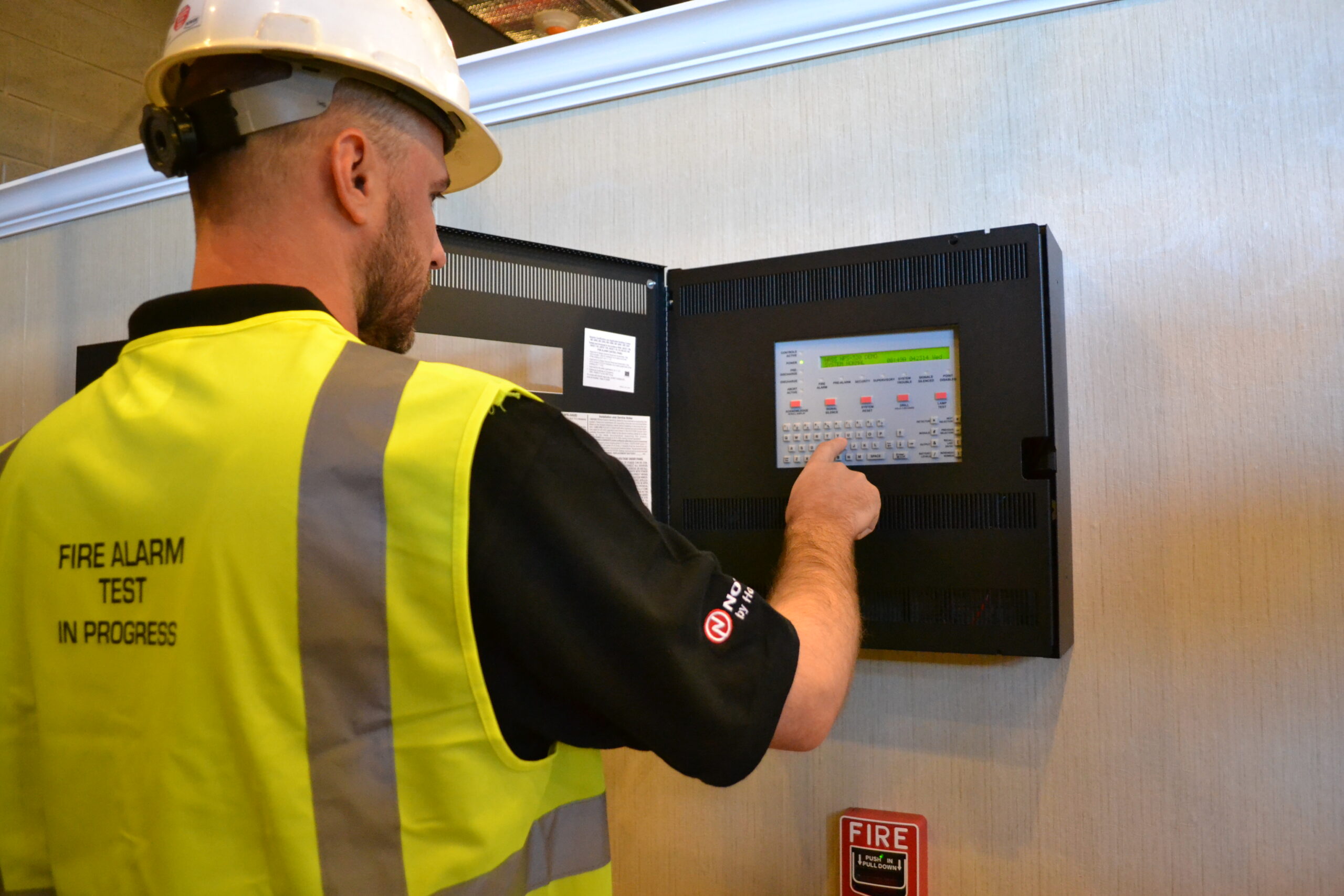Increasing energy efficiency in buildings is essential for reducing greenhouse gas emissions and the strain of rising electricity bills. It also contributes to creating jobs, reduces the financial burden and promotes environmental protection. However, what exactly is energy efficiency? Read on to learn more. Below are some of the ways that you can increase your energy efficiency. Let us start with your home. Consider these tips:
Energy efficiency reduces greenhouse gas emissions
A large portion of global GHG emissions is due to the use of fossil fuels, but recent improvements in energy efficiency have helped to limit the growth of these emissions. In 2017, the global average emissions of GHG from vehicles were up only 1.4%, or about 32.5 gigatonnes of CO2 equivalent. In contrast, without energy efficiency improvements, emissions would have been around four gigatonnes higher. Energy efficiency also reduces waste and saves money.
The American Council for an Energy-Efficient Economy offers a road map for improving the efficiency of homes and businesses. The report lists both cost-effective and technically feasible measures to reduce carbon pollution. These measures will reduce electricity consumption and help reduce greenhouse gas emissions. Furthermore, a reduction in single-use plastics will also have a positive impact. Moreover, these policies will create jobs and improve the grid’s resilience.
In addition to reducing GHG emissions, energy efficiency has many other benefits. In the United States, lighting accounts for almost 20% of the average electricity bill. Replacing incandescent lightbulbs with Energy Star-qualified CFL bulbs can reduce electricity usage by 75 percent. A change of just one incandescent light bulb would save enough electricity to power about three million homes for an entire year. This could reduce the annual emissions of over 800,000 cars!
To combat climate change, energy efficiency is a crucial part of the solutions. Not only does it help reduce energy costs, but it also improves the competitiveness of U.S. companies. It is also a cornerstone of the path to net-zero emissions of carbon dioxide. Despite its limitations, energy efficiency can help the world achieve its goals on the environment. The benefits of energy efficiency are significant, and the United States should make all efforts to improve it.
The construction industry is under obligation to reduce energy consumption in buildings. By 2020, the construction industry in France has to retrofit 500,000 homes a year. This retrofitting is also known as energy efficiency. By law, EU home sellers must disclose the energy costs and use of their homes. These details must be available in EPCs, which are designed to give recommendations on energy use and reduce costs. In the UK, average EPC ratings have been improving year on year.
It saves money on electricity bills
Many people don’t realize that they can save money on their electric bills by turning off lights when not in use. Even a single south-facing window can illuminate an area more than 100 times its size! And if you think turning off one light for four hours a day will save you just $9 in one year, think again. Instead, use table lamps, track lighting, and under-counter lights to illuminate your workspace. Also, hot water costs money, and it’s very easy to save money by reducing the length of a shower by one minute for two people. Similarly, turning off five lights for a half-hour a day will save you more than $19 over the course of a year. Similarly, unplug any electronics you don’t use.
Regardless of whether you’re renting a house, a condo, or an apartment, there are many ways to save money on your electric bill. By focusing on specific areas of your home, you can reduce your electricity bill by five to ten percent. The average home is 900 square feet, and the energy consumption in each space is different. Those appliances use energy, and if you’re renting an apartment, you’ll likely have an HVAC system, oven, microwave, and TV.
Similarly, people with fixed payment instalment plans or Direct Debit can use more energy than their suppliers estimate. This can result in a catch-up bill. You can save money on your energy bill by avoiding these unnecessary expenses. If you’re worried about spending more money than you have to, try switching to a flexible payment plan instead. It’s much cheaper than making one large payment each month and still get the same amount of energy each month.
It reduces the strain of paying for energy
For prepayment meter customers, it is particularly difficult to get by, with the cost of heating fuel rising by almost 20% by 2022. While most households are facing higher costs in other areas, prepayment customers’ bills are set to increase by more than half that amount. In response, Bill Bullen has called for specific help for seven or eight million households and a government plan to “subsidise everyone’s energy consumption.”
This is especially true for low-income families, as many of them live in substandard housing with outdated heating and cooling equipment. They also face barriers to credit and capital to upgrade their homes and appliances. The pandemic has made energy efficiency problems worse, especially for these communities, which were already struggling with high energy bills before the epidemic hit. Moreover, the recession and the pandemic have pushed many of these communities further into poverty, with fewer jobs and fewer savings.









